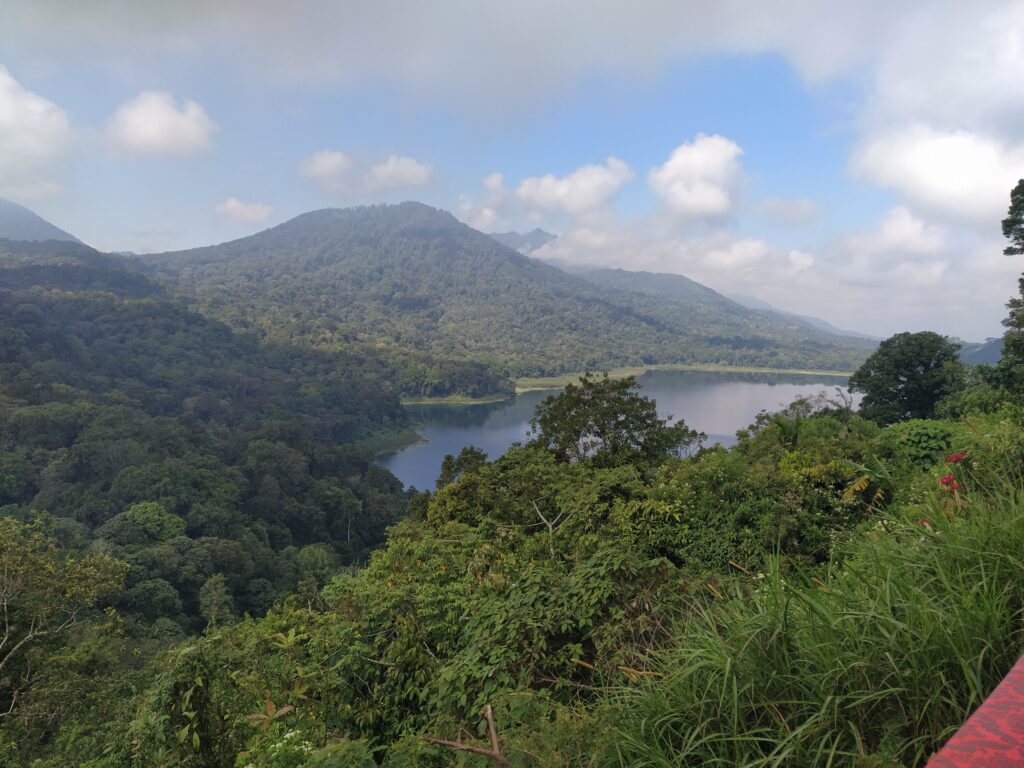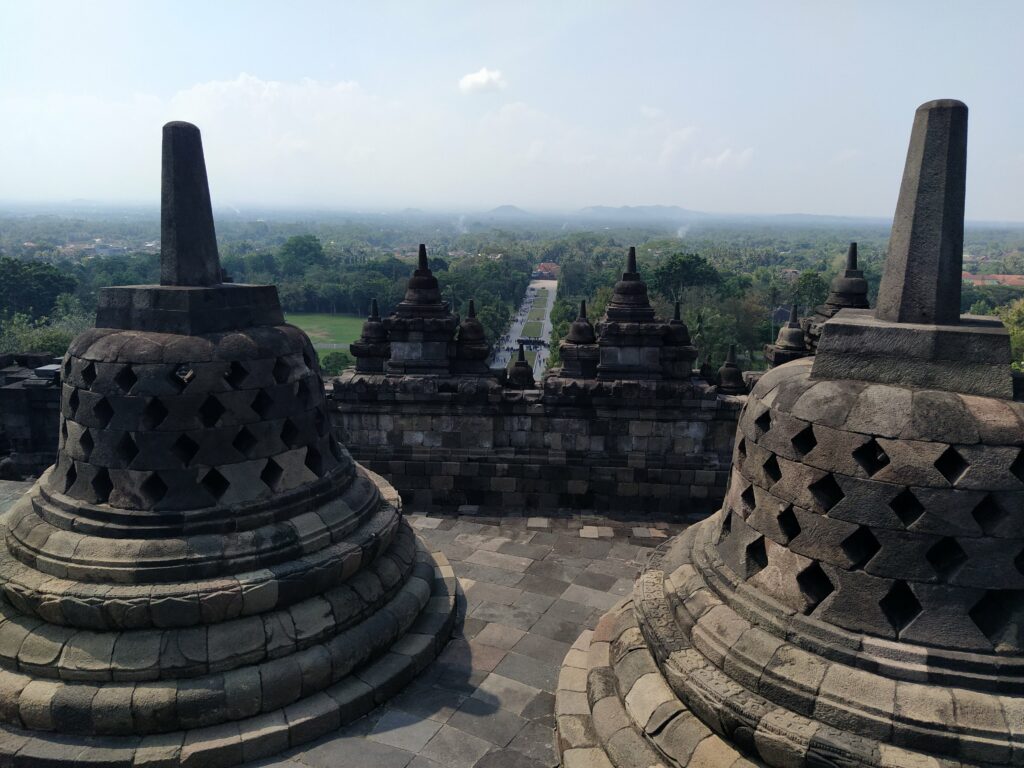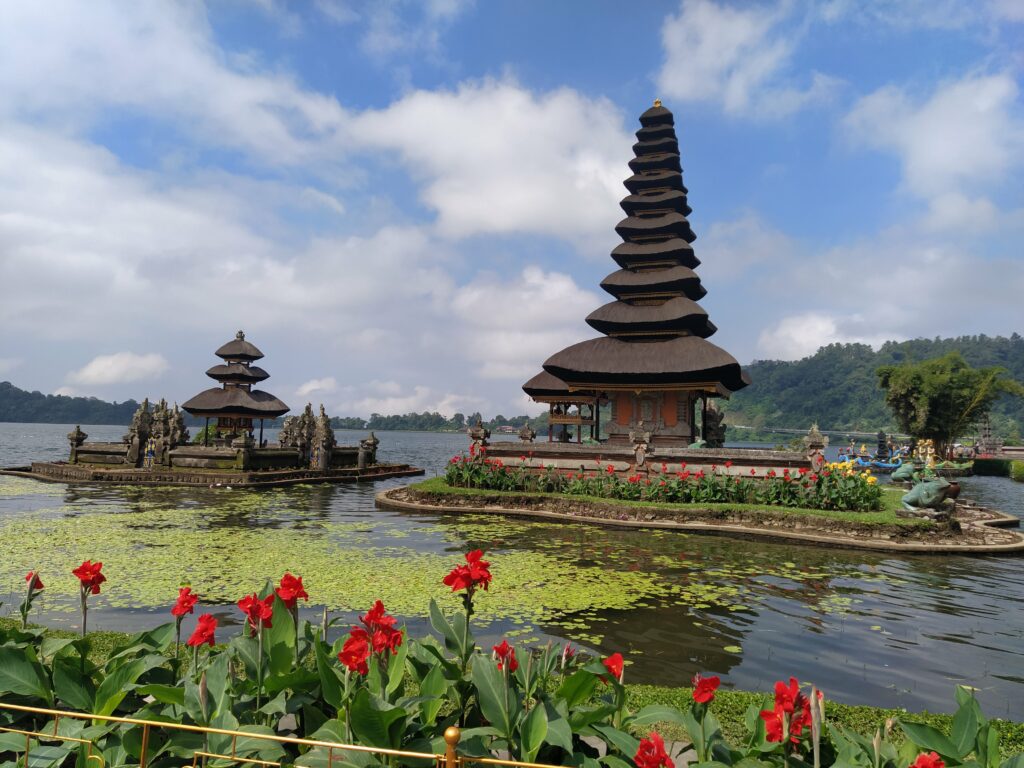Indonesia is the fourth most populous country in the world, with more than 280 million inhabitants, and an ethnically and linguistically diverse country in Southeast Asia. It is the largest archipelago in the world, with over 17,000 islands. Travel to Indonesia offers the opportunity to engage with a nation and a country with such a unique and interesting culture. The natural landscapes, the people, the cuisine, the customs and traditions, deeply connected to their religion, which have been preserved through the ages, are just some of the reasons why it is worth visiting Indonesia. Indonesia is one of those countries that can captivate you and bring you to a completely different way of life and thinking.

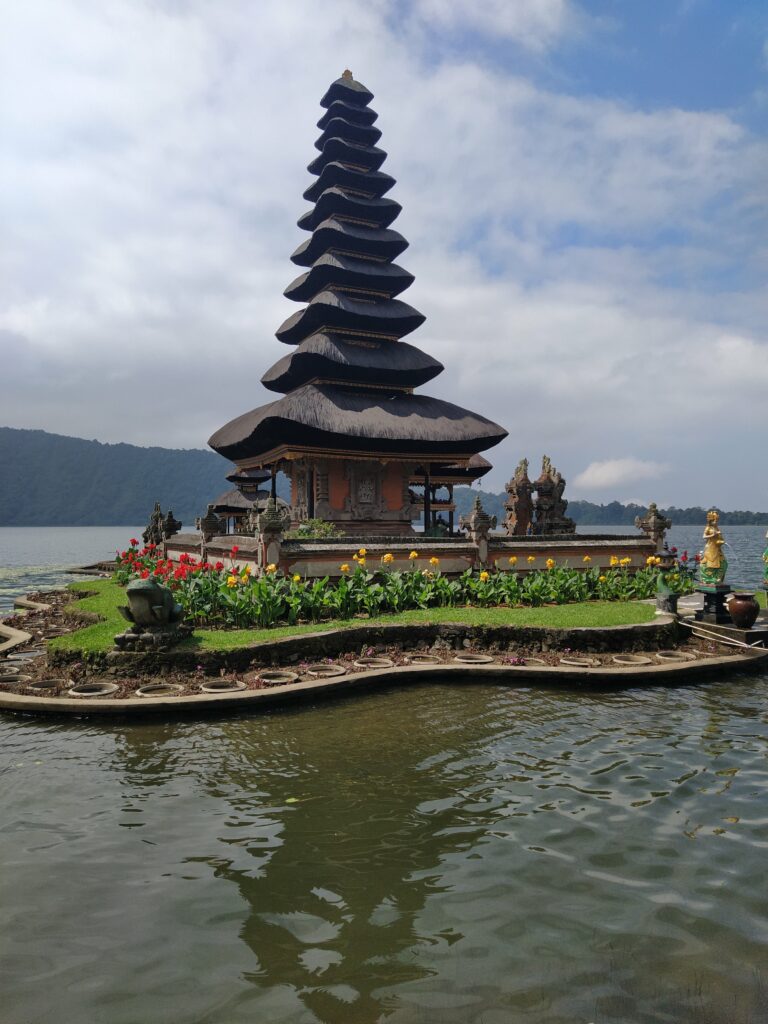
General Information about Indonesia
The currency is the Indonesian rupiah. 1 euro is approximately equal to 17,000 Indonesian rupiahs (February 2025).
The official language is Indonesian, but there are more than 700 languages. Many locals in tourist areas speak English.
The majority of Indonesians are Muslim, except for Bali, where the population is Hindu.
Tap water is not drinkable. Always purchase bottled water.
Be particularly cautious with hygiene conditions. Frequently wash your hands and use hand sanitizer. Avoid salads and raw food, and be careful with the restaurants you choose.
The telecommunications network is pretty good in Indonesia, so consider getting a package for calls, messages, and Internet.
The road network is in good condition, but as mentioned earlier, driving is not that easy.

How long to stay and where to go
Many people wonder how long they should spend in Indonesia. The answer is difficult because it depends on what each person wants to visit, how many days off can have and how much money they can allocate. Certainly, a trip to Indonesia cannot last less than a week, due to both the distance and the variety and number of places of interest. In our case, we decided to stay for 7 days and explore 2 islands, Java and Bali.

Java is the most populous island in the world, where about half of the Indonesians live, and it is currently home to the capital, Jakarta. In Java, you’ll also find the historic city of Yogyakarta, with its incredible temples that are UNESCO World Heritage sites and should be on every traveler’s list. Undoubtedly, the most tourist-friendly and accessible destination for a first trip to Indonesia is Bali.
Although Jakarta is the capital, it is not a major tourist attraction and unfortunately, there are several reasons for this, such as the climate, the lack of historical monuments, traffic congestion, and pollution. Nonetheless, Jakarta remains a key entry point due to its international airport. The new capital of Indonesia will be Nusantara, located on the island of Borneo.
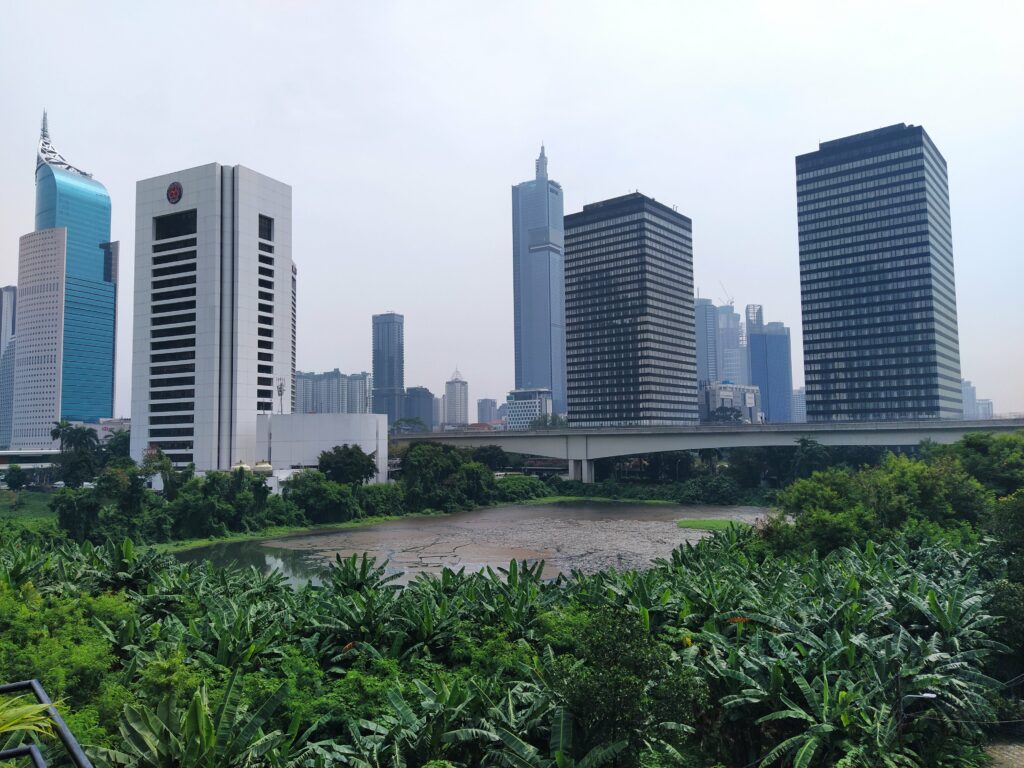
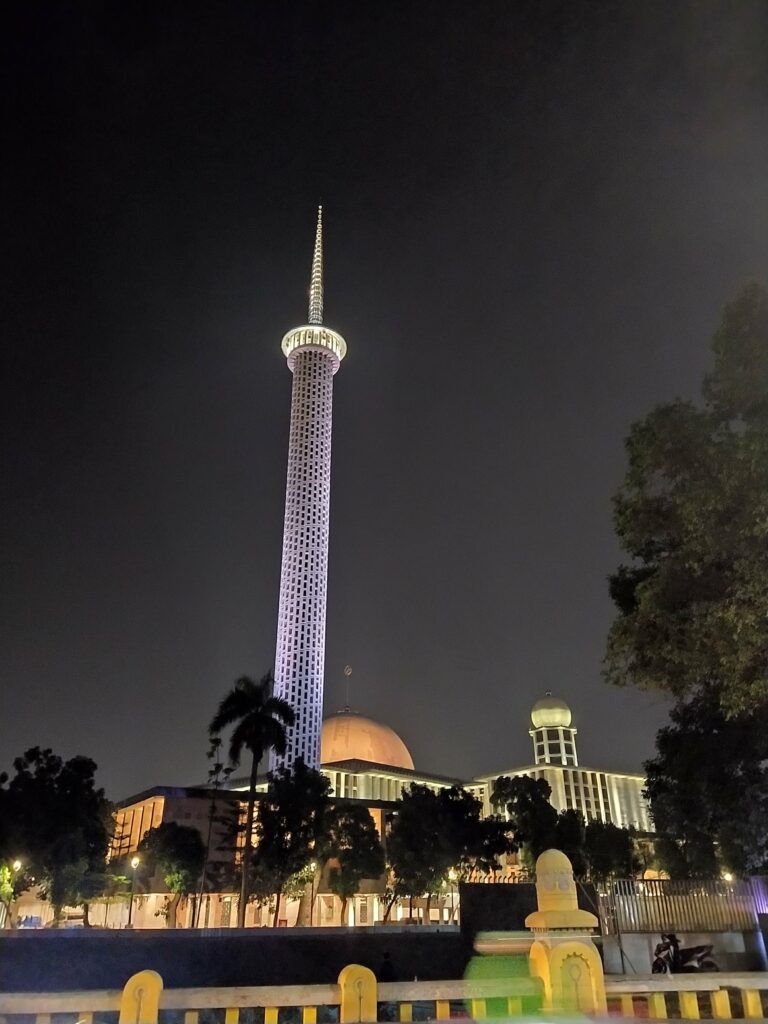
For your stay in Jakarta, we recommend the 4-star Ashley Tanah Abang with modern and spacious rooms, an indoor pool and a very good breakfast (1,300,000 IDR or 75 euros for a triple room). A more budget-friendly option is La Boheme, Rooms and Coffee, priced at 580,000 IDR or 35 euros for a double room.


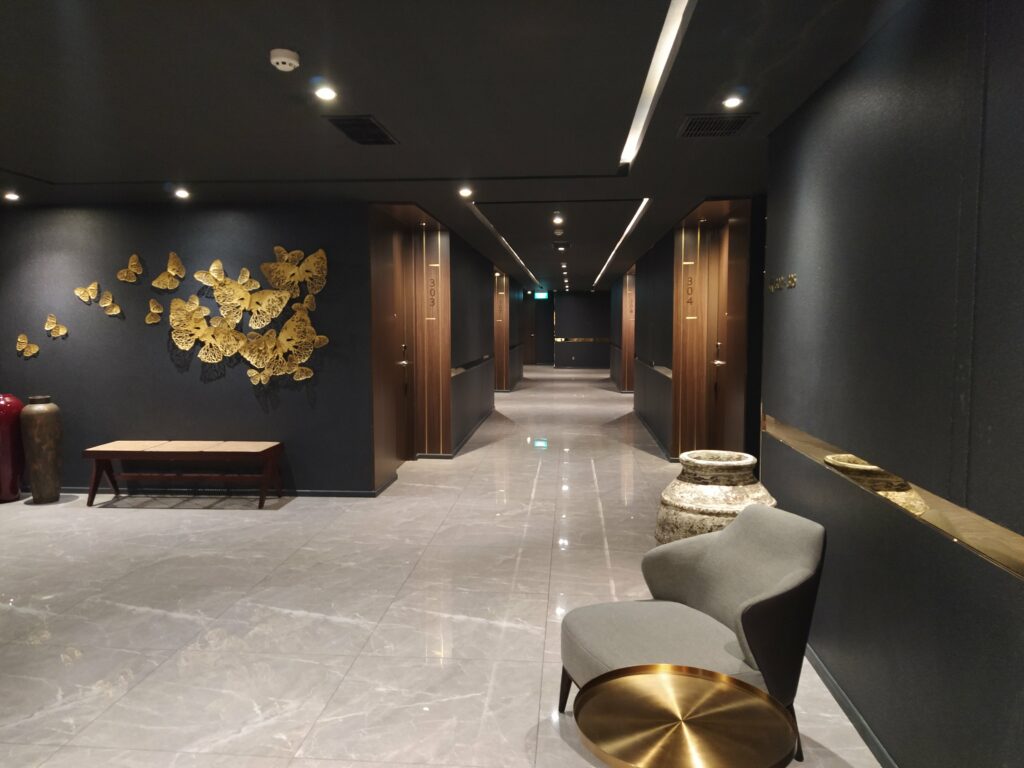

When is the best time to visit
Indonesia has a tropical climate, so there are essentially two seasons: the dry season, from April to October, and the wet season, from November to March. This means that during the dry season, there are far fewer rainfall events compared to the wet season. The period with the highest tourist activity in Indonesia is in July, August, and around Christmas and New Year’s.
We visited Indonesia in early June when the tourist season begins and the weather is sunny with temperatures around 30°C. Specifically, for Bali, June is considered the best month to visit the island, with a manageable number of visitors and excellent weather.
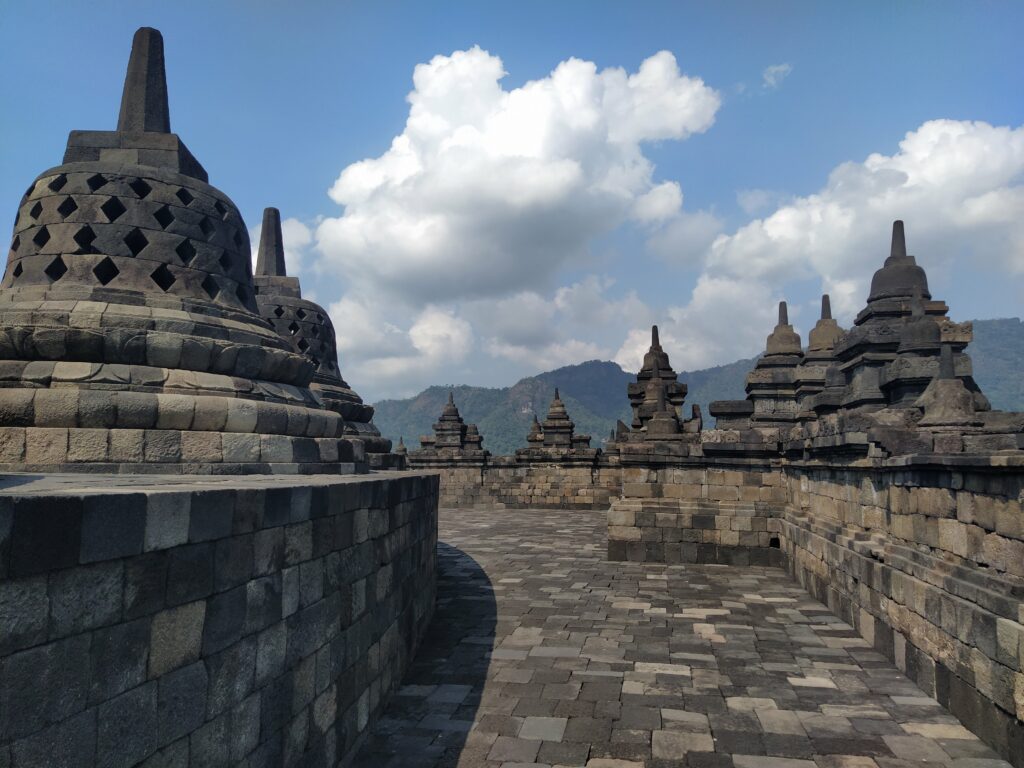
Organization and Travel Cost
We booked our flight tickets 2 months before the trip through Scyscanner to find the best deals. There are no direct flights from Paris to Jakarta’s international airport. The main stopover destination is Doha, the capital of Qatar. The journey takes at least 15 to 16 hours, including the layover flight and the total cost for June with Qatar Airways is around 700 euros.
For hotels, we used Booking.com. We stayed 2 nights in Jakarta, due to the flights and for a brief visit to the city, 2 nights in Yogyakarta to visit the temples on the outskirts of the city, and 3 nights in Bali. The total cost for 7 nights was 250 euros per person. It’s worth noting that most of the hotels were 4 or 5 stars, so you can definitely find much more affordable accommodations.
For transportation, we used the train to travel from Jakarta to Yogyakarta, a plane to go to Bali, and professional drivers arranged through the hotels. We avoided renting a car because driving is on the left side of the road, traffic near the major cities and in Bali is frustrating, and the driving behavior is different from what we are used to. As for Bali, for those very familiar with motorcycles, they could easily rent one in Indonesia. This avoids the chaotic traffic, especially in Denpasar and Ubud, but caution is needed due to frequent accidents.
Overall, for our trip to Indonesia (flights, accommodation, transportation, food, tickets for temples and attractions), we spent between 1900 to 2000 euros per person. Prices in Indonesia are very affordable for both food and accommodation. The biggest costs are the flights and transportation if you don’t have your own mode of transport (car or motorcycle).
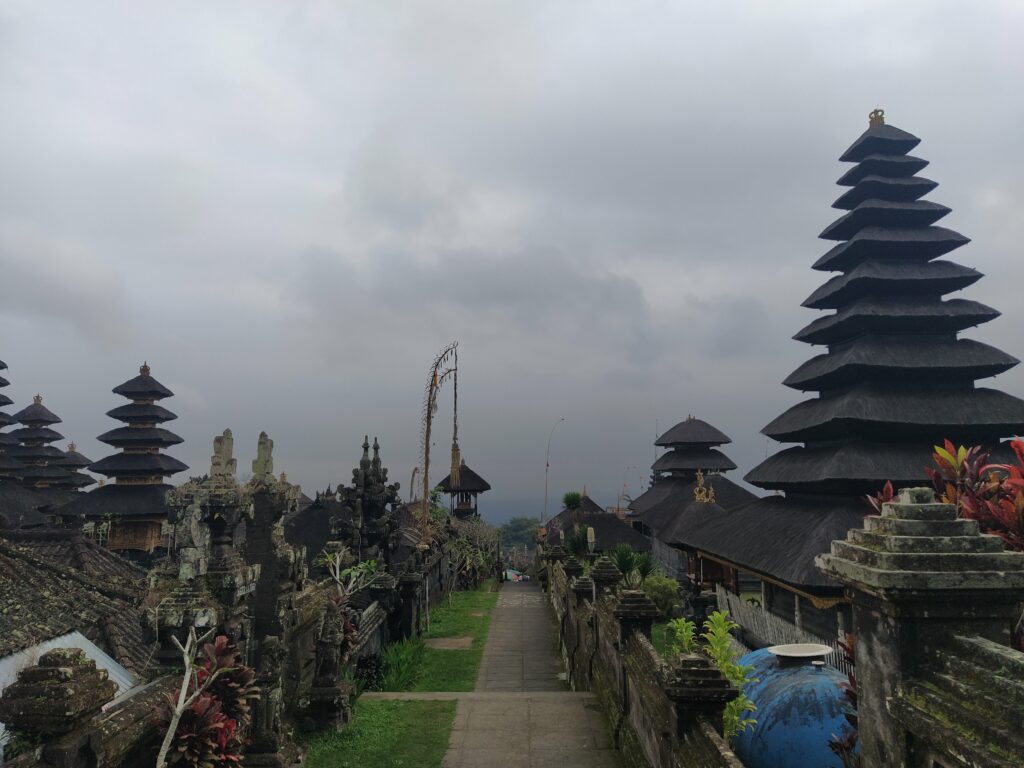
What you need for a trip to Indonesia
- Passport with at least 6 months of validity from the day of arrival in Indonesia. The passport must be in good condition and have blank pages.
- For those who want to stay in the country for less than 30 days, no visa is required in advance. You can obtain a visa on arrival at the airport for about 30 euros (500,000 Indonesian rupiahs, exchange rate as of February 2025).
- Tourist Tax payment for entry into Bali. You can pay this online at the Love Bali website, and the cost is 150,000 rupiahs, or 9 euros.
- Health insurance to be covered in case of any unforeseen events during the trip.
- Credit or debit cards and cash. Most debit cards are accepted at hotels and international restaurants. Cash is needed for paying drivers, traditional purchases, or temple entrance fees. You can also pay in euros, for example, to professional drivers. Avoid exchanging money at banks as they charge high fees.
- Ask your doctor about any vaccines, which are not mandatory. The Hepatitis A vaccine (a combined vaccine with typhoid fever, which we also had) is recommended. The risk of malaria in Java and Bali is low.
- Medicines such as pain relievers and medications for common stomach issues among European travelers (e.g., gastroenteritis), hand sanitizer, sunscreen with a high SPF, and some product for mosquito bites.
- Light clothing, a hat, sunglasses, a rain jacket, and a bottle of water.
